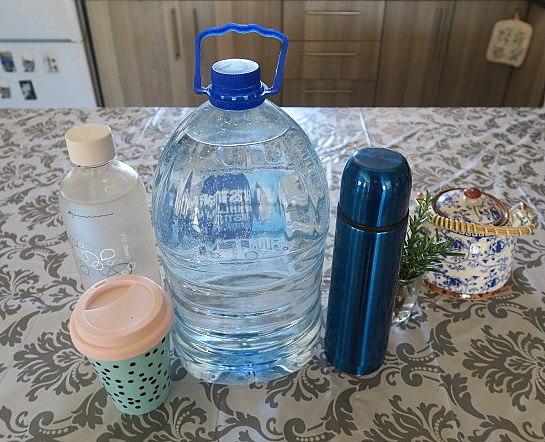The reason I sleep in a cocoon of cat hair. #NoMoreLaundry #TheseSheetsAreGoodForAnotherMonth
Yesterday, a dear friend asked if she could come and stay with me while visiting Cape Town, and it got me thinking, especially as I'm seeing a lot of anxious queries from people from abroad and elsewhere in South Africa who are planning on visiting Cape Town in the next little while. These all end with piteous promises to be "water-wise" and to "bring their own water". Alas, unless you're going to be constipated for the duration of your visit, and are able to haul at least 12 litres per day onto the plane, face it: you WILL be a drain on our terrifyingly depleted municipal water resources. This might not be the best time to be planning a relaxing family holiday here, and you may in any case not want to visit a city where in a few months we could be fighting each other in streets running with effluent. (I'm JOKING. I hope.)
But: life goes on, work trips happen, bookings have been made and deposits paid, guesthouses (significant sources of employment) are desperate to fill beds. Besides, we love you, and we want to see you. So what's to do?
Some ideas (and as always, please send yours): as someone who always hit the "economy" button on her washing machine and thought that was good enough, it has been an eye-opener to discover how much water laundry takes. So that's one thing to minimise.
Guesthouses, AirBnBs, etc, could put up banners on their websites and booking sites offering a discount or some nice freebie (good bottle of wine? aquarium or cable-car tickets?) to everyone who brings their own sheets and pillowcases and takes them home again to wash. Offer to make up the beds with the borrowed linen and strip them again on departure. Flat sheets and pillowcases take up almost no room in luggage; I found this out when I once hauled mine to Trinidad (true story). And plan your packing so that you don't have to do laundry while here.
This also goes for visitors to private homes. I've decided to ask my guests from out of town to bring their own bed linen. Remember the sleep-sacks of youth-hostelling years? Here's the first link I found with instructions on how to make one. Into the suitcase they go; even if you're coming with just hand luggage, you can fit in a pillow-case.
The spare bed. You're truly welcome to it, but be advised: this linen ain't getting changed any time this year.
More ideas: shower and wash your hair before getting on the plane; you may not get another chance for a while (certainly not if you're staying Chez Moi); pack hand sanitiser, dry shampoo, a travel mug and wipe-able chopsticks, and try not to generate piles of washing-up. Don't leave food on your plate unless your host/ess has a compost bin or pit (or Fido's bowl) you can scrape it into. If you offer to wash up, find out what the protocol of the house is before merrily running a sink full of hot water. Remember that it is a hairshirt-worthy sin to pull a plug absent-mindedly.
Then there's the matter of being a good guest myself. I've prepared a pack I now take with me when visiting friends or meeting them in coffee-shops: travel mug for coffee (quite a few places offer a discount if you bring your own mug in); my own water and ice (both boiled well water) in a little thermos (so far, restaurant staff have been extremely grateful when I produce these); a 5-litre bottle of water from the local spring where I Dare Not Drink (it emerges from under a construction site; tirra lirra by the river it is not.) This last-mentioned item is because it seems a tad over-familiar to let my yellow mellow in someone else's loo, plus what if my paper is the proverbial last straw that blocks my host/ess's pipes? Plus it was extremely handy when I went to lunch this weekend and had a misadventure with an exploding Lindt ball that involved chocolate hair, face, hands and clothes. I managed to clean up everything without touching a tap or invoking that great middle-class signifier: wet wipes.
Have own water, will travel. (No municipal water was harmed or bottled water bought in the making of this pic.)
PS: You really are welcome to visit. Especially if you're a Rain Goddess.





